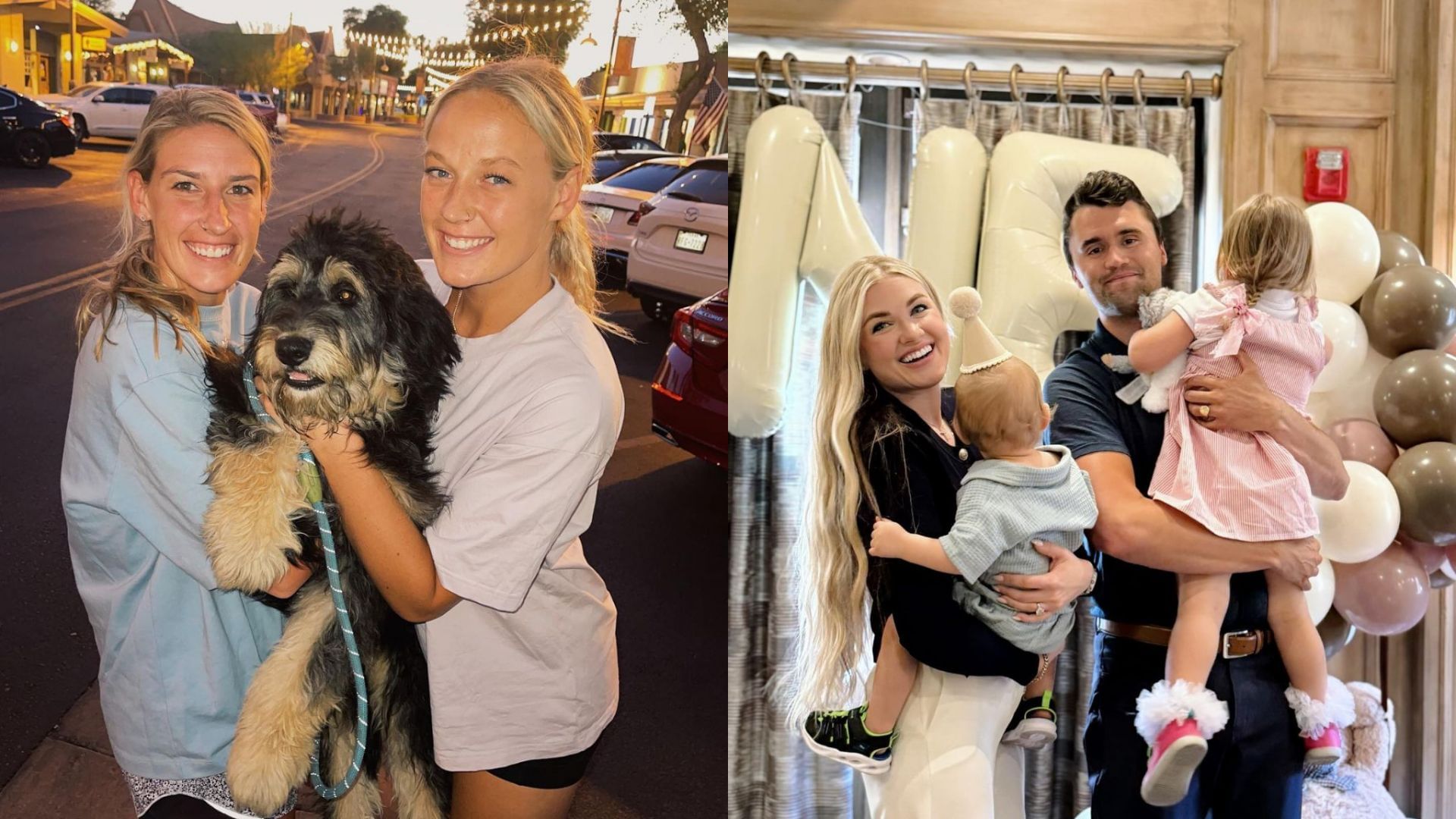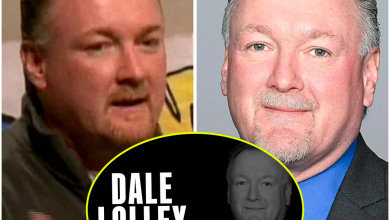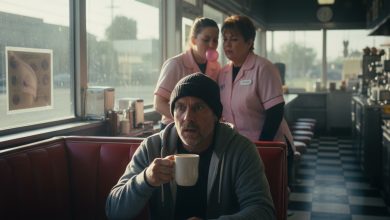‘Sad. Sick. Outraged.’: How a WNBA Star’s Sister Became an Unlikely Voice of Moral Clarity After Kirk Assassination
In the chaotic and toxic aftermath of Charlie Kirk’s assassination, as the nation’s media figures stumbled through a minefield of hot takes and detached analysis, the most powerful and humanizing response came not from a seasoned political pundit, but from an Instagram story. Lindsey Cunningham, the sister of Indiana Fever star Sophie Cunningham, did not offer a calculated political statement. Instead, she offered a raw, unfiltered cry of human decency that has since resonated with millions, providing a stunning moment of moral clarity in a deeply divided time.
As the news of Kirk’s murder sent shockwaves across the country, a predictable pattern emerged. Some commentators, like MSNBC’s Matthew Dowd and Australian personality Abbie Chatfield, faced career-threatening backlash for remarks that were perceived as cold, clinical, and lacking in basic empathy. They chose to analyze the « why » before mourning the « what. » Lindsey Cunningham did the opposite. She stripped away all the political context and focused on the brutal, heartbreaking reality of the tragedy.

In a series of raw social media posts, she articulated a sentiment that seemed to be lost in the broader media conversation. Sharing a photo of Kirk with one of his young children, she wrote, “She lost her husband & those babies lost their father bc some POS (piece of s**t) had differing political views.” She then bluntly added, “Emphasis on POS.” Her message concluded with three simple, powerful words: “Sad. Sick. Outraged.”
It was a statement of pure, unfiltered humanity. In another post, she made it clear that her reaction was not about ideology. “I never watched his stuff but nobody deserves to die like that,” she wrote. “Man had a wife and kids. He was killed for sharing his opinions and giving an opportunity to share theirs as well. This is sad man. Praying for the family!”

Her words immediately went viral, not just because of her connection to the high-profile world of the WNBA, but because of their profound authenticity. In a media landscape saturated with carefully crafted, often insincere statements, Cunningham’s raw emotion felt real. She was not a paid commentator; she was a private citizen connected to a famous family, reacting with her gut to an unthinkable act of violence. She saw a dead father, a grieving widow, and orphaned children, and she called it what it was: a sickening tragedy.
The overwhelmingly positive reaction to her posts, particularly from conservatives and moderates, highlights a deep public exhaustion with the non-stop political warfare. Her message was praised as courageous and principled, precisely because it stood in such stark contrast to the cynical takes that had dominated the initial coverage. The context of her familial connection to the WNBA—a league that has become a cultural lightning rod and is often perceived as uniformly progressive—made her statement all the more notable. It was a powerful reminder that an individual’s empathy does not have to be dictated by the perceived politics of their industry or family.

Lindsey Cunningham’s response has become a case study in how to be human in a hyper-partisan world. She didn’t equivocate. She didn’t try to « both sides » the issue. She simply saw a human tragedy and responded with a level of moral clarity that has been sorely lacking from much of the public discourse. She reminded everyone that before Charlie Kirk was a conservative icon or a controversial firebrand, he was a husband and a father.
As the nation continues to grapple with the devastating aftermath of this political assassination, it is the simple, heartfelt, and decent voices like Lindsey Cunningham’s that offer the only viable path forward. Her words were not a solution to the deep divisions that plague the country, but they were a much-needed and powerful call for a return to our shared humanity in a political climate where it seems to be in dangerously short supply.



